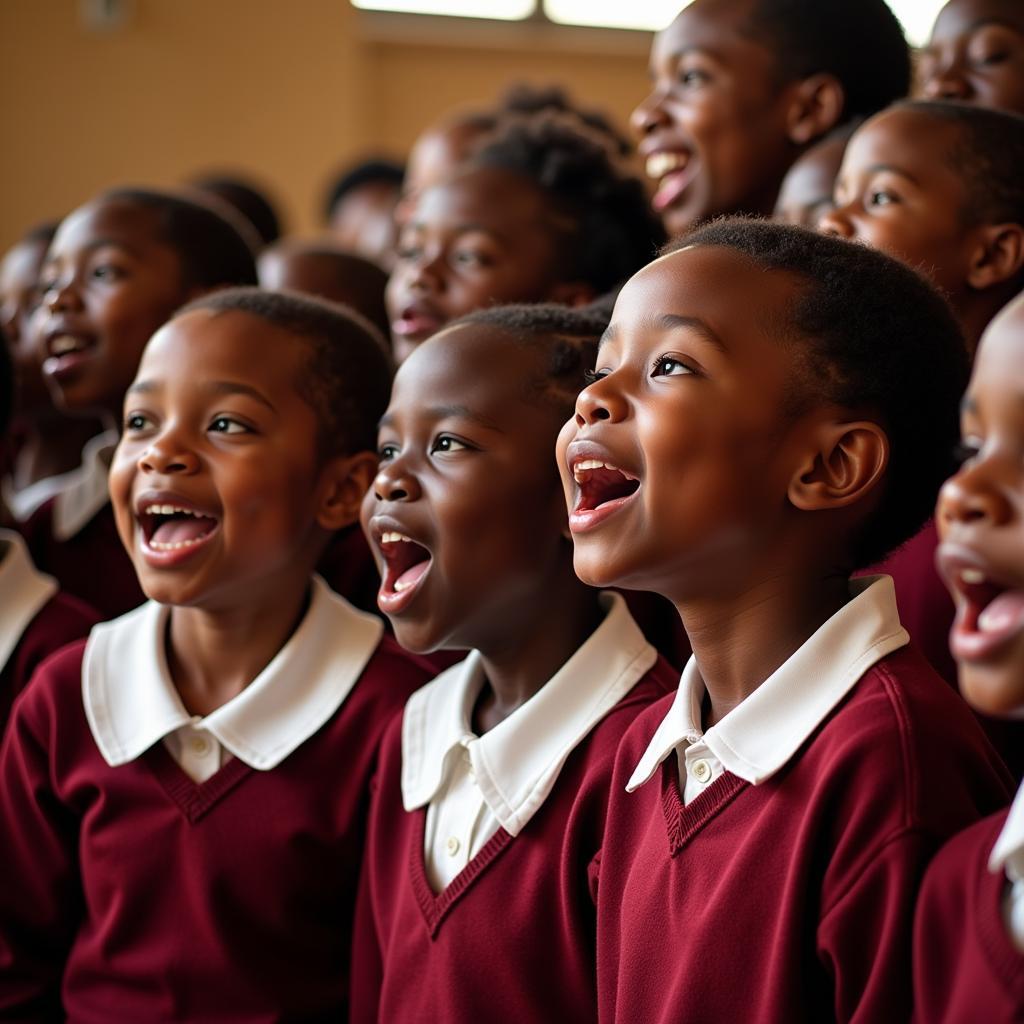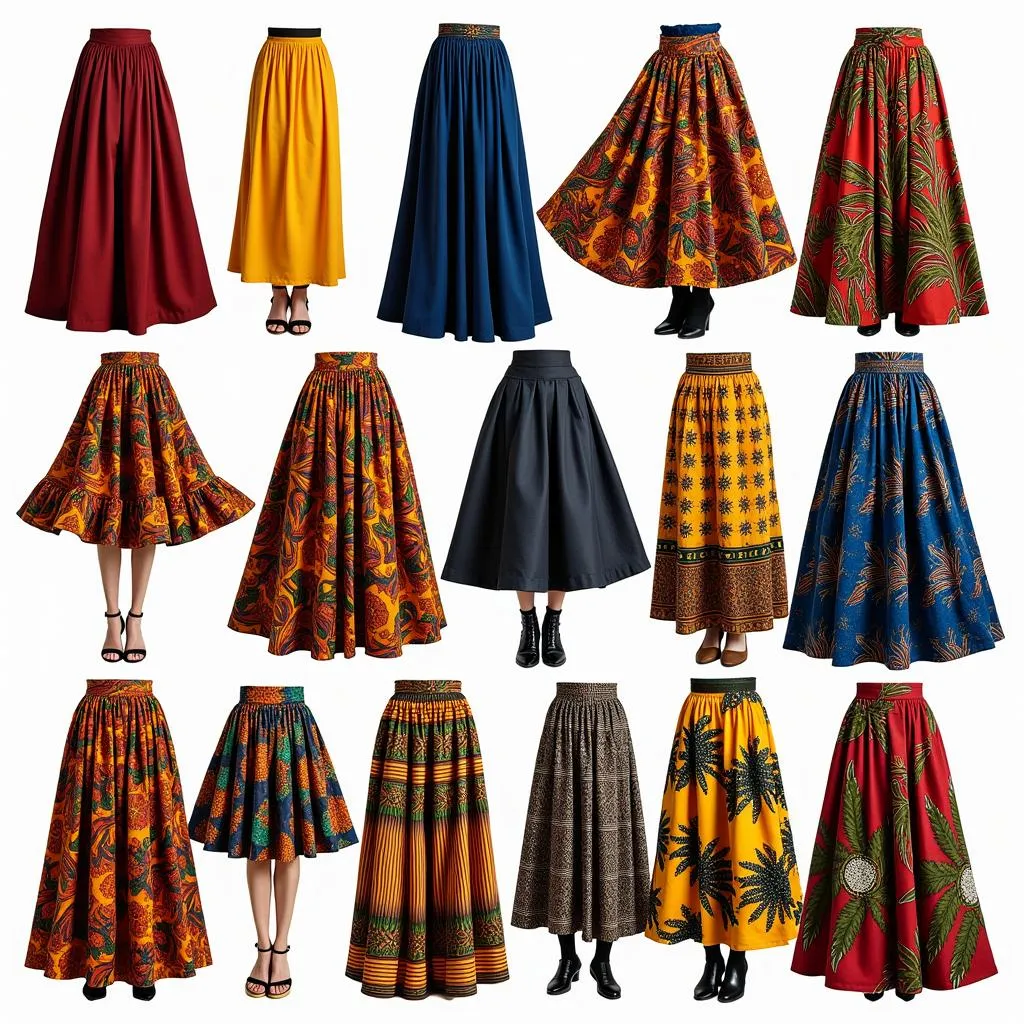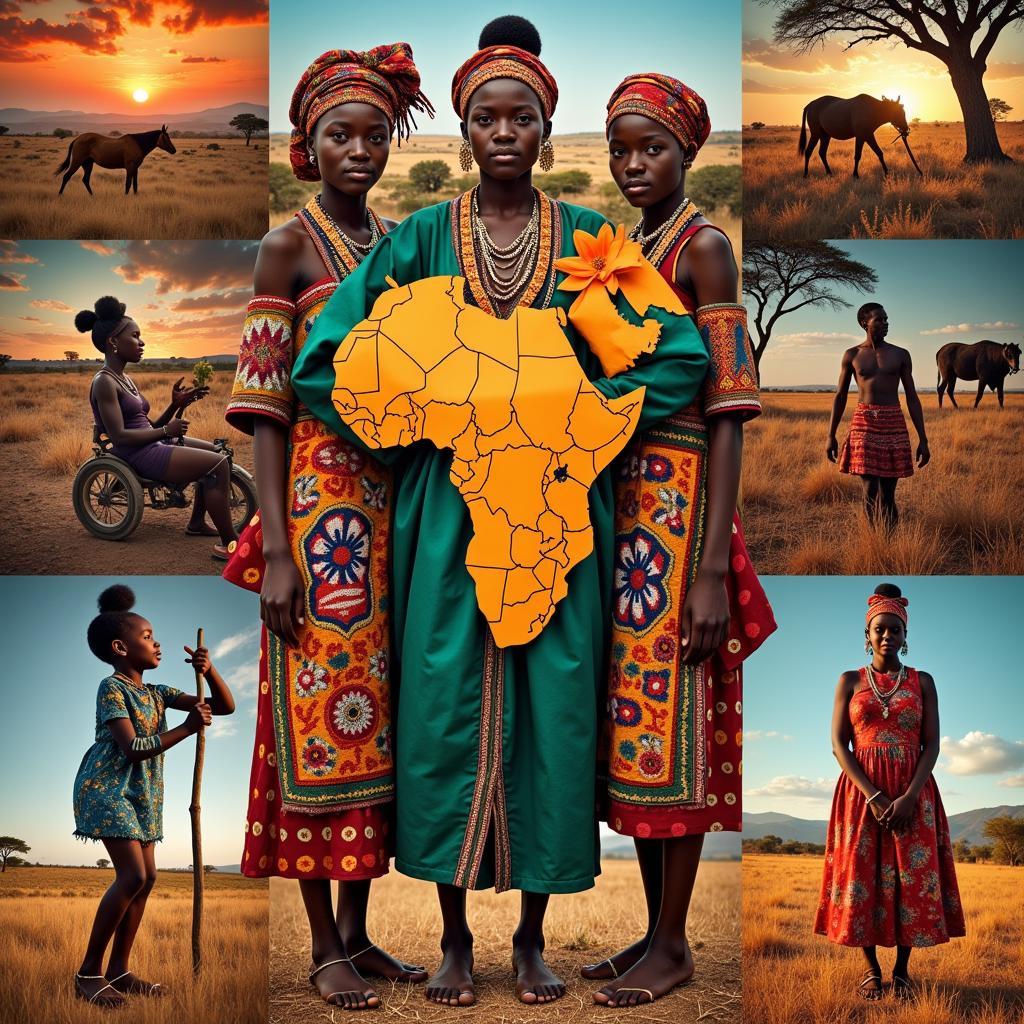Exploring the Soul of Africa: A Journey Through African Choral Music Songs
African choral music is more than just a collection of beautiful melodies; it is a vibrant tapestry woven with threads of history, spirituality, and community. These songs, passed down through generations, are the heartbeat of a continent, expressing the joys, sorrows, dreams, and struggles of its people.
The Power of the Collective Voice: History and Tradition
African choral music’s roots run deep, intertwined with ancient rituals, storytelling traditions, and communal gatherings. For centuries, song and dance have played an integral role in African societies, serving as a means of communication, celebration, mourning, and spiritual expression. From the polyrhythmic chants of West African griots to the harmonious melodies of South African isicathamiya, each region boasts a unique choral tradition that reflects its cultural identity.
These traditions are often deeply spiritual, connecting communities to their ancestors and the natural world. The call-and-response pattern common in many African choral styles fosters a sense of unity and shared experience, blurring the line between performer and audience. Everyone participates, their voices blending to create a powerful and moving tapestry of sound.
 African Women Singing in a Circle
African Women Singing in a Circle
Beyond Entertainment: The Social Significance of African Choral Music Songs
In many African cultures, choral music is not merely a form of entertainment but an essential element of social fabric. It accompanies important life events such as births, weddings, and funerals, marking significant milestones and strengthening community bonds.
Songs of Struggle and Hope
During times of political upheaval and social change, African choral music has served as a powerful tool for mobilization and resistance. Songs of protest and freedom, often imbued with coded messages and metaphors, have provided solace, inspiration, and a sense of collective identity to those fighting for justice and equality. The struggle against colonialism and apartheid, for example, saw the rise of powerful protest songs that continue to resonate today, reminding listeners of the resilience and courage of the human spirit.
A Global Stage: The Enduring Appeal of African Choral Music
In recent decades, African choral music has transcended geographical boundaries, captivating audiences worldwide with its infectious rhythms, evocative harmonies, and undeniable emotional depth. From the Grammy-winning Soweto Gospel Choir to the internationally acclaimed Ladysmith Black Mambazo, African choral groups continue to gain recognition and acclaim on the global stage.
What are some famous African choral songs?
Some of the most celebrated African choral songs include “Pata Pata” by Miriam Makeba, “Shosholoza,” a South African Nguni song often referred to as the “second national anthem,” and “Malaika,” a popular East African love song. These songs, while diverse in origin and style, all share a captivating blend of rhythm, melody, and emotion that transcends cultural boundaries.
Keeping Traditions Alive: The Future of African Choral Music
Despite its enduring appeal, African choral music faces challenges in the face of globalization and the ever-evolving musical landscape. However, there is a growing movement to preserve and celebrate these rich traditions. Music schools, workshops, and festivals dedicated to African choral music are flourishing across the continent and beyond, ensuring that the legacy of these powerful songs continues to inspire and uplift generations to come.
 Young African Children Singing in a Choir
Young African Children Singing in a Choir
In a world often fragmented by difference, African choral music offers a powerful reminder of the unifying power of music. It is a testament to the strength of community, the resilience of the human spirit, and the enduring beauty of African culture.

